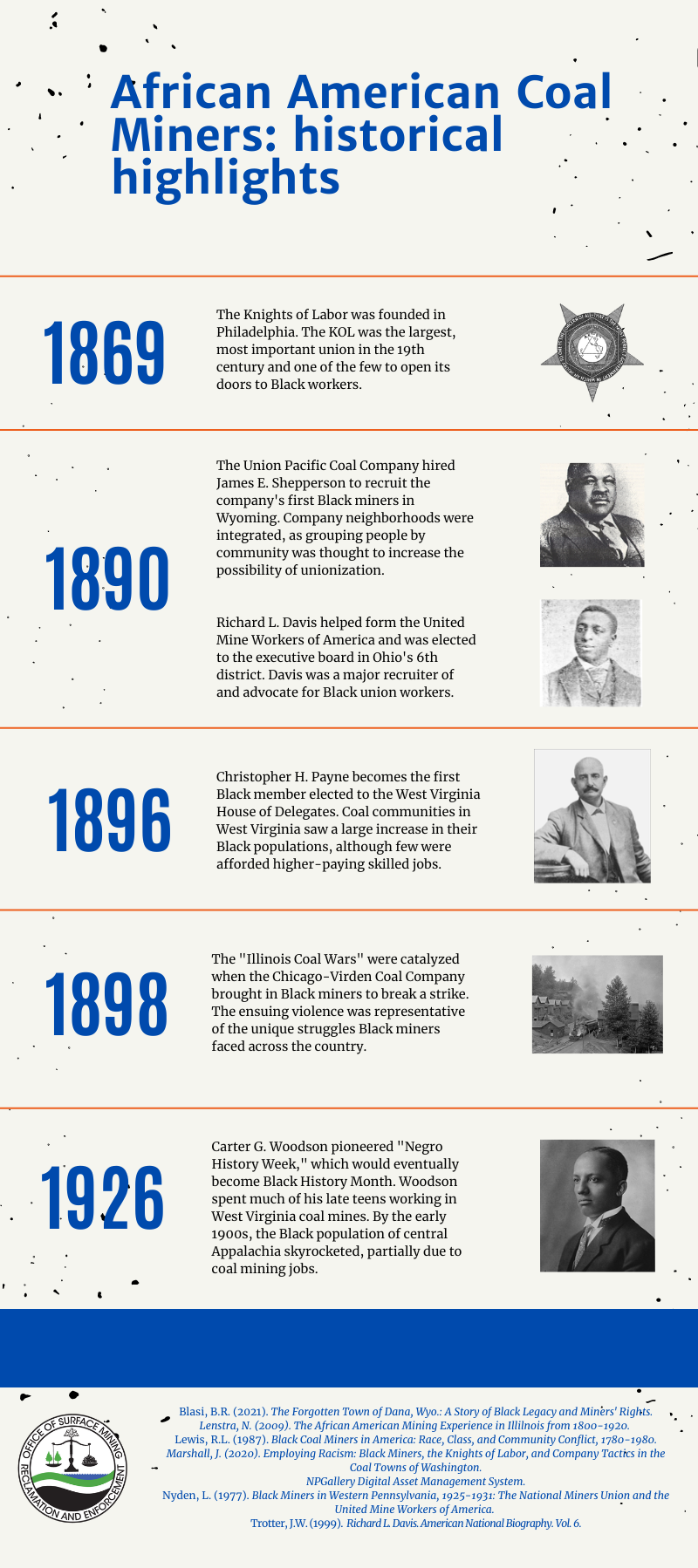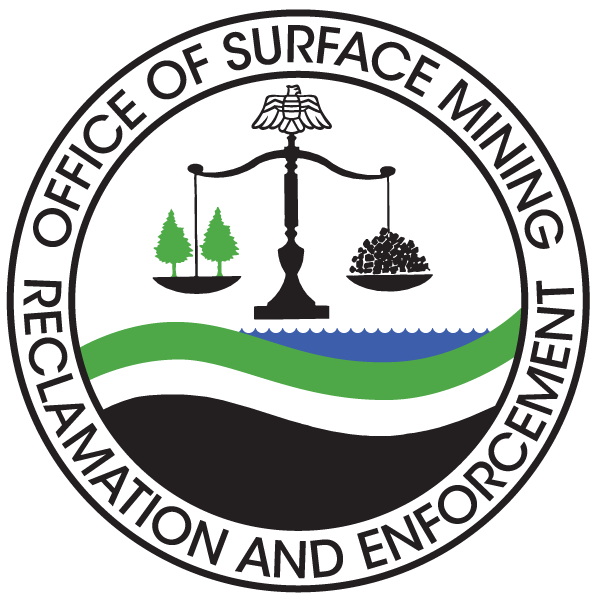
“Those who have no record of what their forebears have accomplished lose the inspiration which comes from the teaching of biography and history” – Carter G. Woodson
Carter G. Woodson, the descendant of enslaved Africans, traveled to West Virginia in 1892 with his family to begin a new life. Working in the railroad and coal mining industries would afford him and many other African Americans of their time precisely that – a fresh start.
During his time there, he mined both the Kaymoor and Nuttallburg mines found in New River Gorge National River. While listening to the stories of his countrymen and fellow African American miners, Woodson found inspiration to document, teach and herald the struggles and achievements of African American people.
Woodson, known as the “Father of Black history,” serves as a great reminder that Black history is American history and to that end, is beautifully intertwined in the history of coal country. Thanks to individuals like Woodson, there is a great record of the relationship between Black history and the history of coal. Please enjoy the following interesting facts about Black history in coal communities.
-
By the 20th century, Black coal miners represented over 26% of the West Virginia labor force. https://www.nps.gov/neri/planyourvisit/african-american-coal-miners-helen-wv.htm
-
Newly emancipated Black Americans found financial opportunity in the coalfields. By the late 1800s, these Americans were experiencing “equal pay for equal work.” https://www.pbs.org/wgbh/americanexperience/features/minewars-race/
-
Many Black communities in coal country are underrepresented in media. Frank X. Walker coined the term Affralachian, a response to writing out Black history in Appalachia and giving voice to Blacks living in the region. https://www.yesmagazine.org/social-justice/2018/03/15/these-photos-will-change-the-way-you-think-about-race-in-coal-country
-
By the 1940s, in West Virginia, unlike other places, African Americans could vote [in local politics], and it was said that “segregation existed above ground, but underground, in the mines, workers were equal.” https://www.bbc.com/travel/article/20221023-the-forgotten-history-of-the-us-african-american-coal-towns
For more information about the life of Carter G. Woodson, visit https://www.nps.gov/neri/learn/historyculture/carter-g-woodson.htm.

